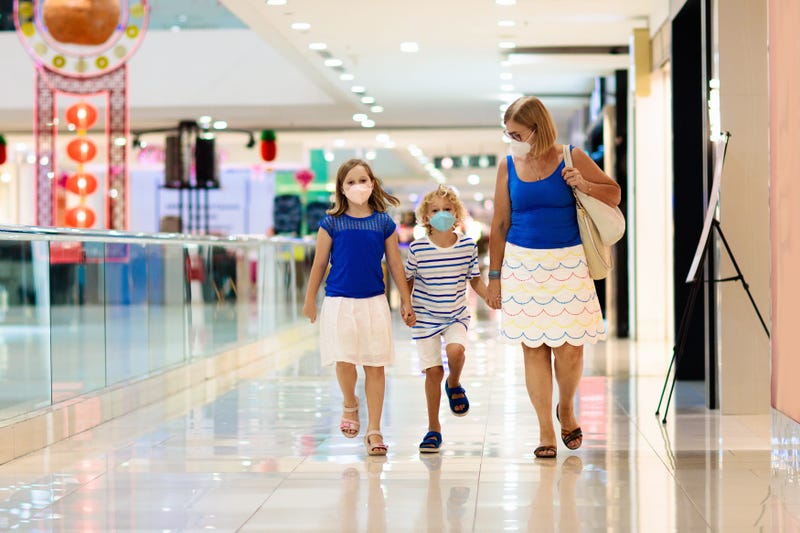"What's the Coronavirus, mom?"
That was a question from my daughter Debbie this week. She is six years old and wanted to know what all the commotion was about. I doubt I'm the only parent with an inquisitive kid and figured it best to get some good advice on parenting during a pandemic.
I spoke with Steve Zwolak, Executive Director of University City Children’s Center and CEO of LUME Institute. He has more than 40 years of experience in early childhood education and his team laid out the following guidance:
When children watch news on TV about an infectious disease outbreak, read about it in the news, or overhear people discussing it, they can feel scared, confused, or anxious. This is true even if they live far from where the outbreak is taking place and are at little to no actual risk of getting sick. Children react to anxiety and stress differently than adults. Some may react right away; others may show signs that they are having a difficult time much later.
Adults do not always know when a child needs help. We must be attuned to the feelings of our children, who may not have the words to express themselves. Children may express anxiety and stress by going back to thumb sucking, bedwetting or having nightmares.
Here are some ways, depending on how old your children are, that the news could affect them:
0 - 2 years old: They read the emotions of the parents ... they may withdraw and not play as they played before.
3 - 5 years old: They MAY be able to understand the effects of an outbreak. If they are very upset by the news of the outbreak, they may have trouble adjusting to change and loss. They may depend on the adults around them to help them feel better and emotionally safe.
6 - 10 years old: They may fear going to school and stop spending time with friends. They may have trouble paying attention and do poorly in school overall. Some may become aggressive for no clear reason. Or they may act younger than their age by asking to be fed or dressed by their parent or caregiver.
What to do?- Be your child's emotional partner - reassure them you are going to keep them safe
- Be a good listener - listen to what you child is saying and not saying...read their behaviors
- Allow them to ask questions - share age appropriate facts and information
- Encourage positive activities - The Zwolak family is going to be "germ busters"
- Washing hands, coughing in my arm like Dracula, we need good rest to be a "Germ Buster"
- Be a role model, practice self care, set routines, eat healthy, sleep well, exercise...
- Children need to feel emotionally and physically safe...they need to feel like they have some control over this.
© 2020 KMOX (Entercom). All rights reserved

